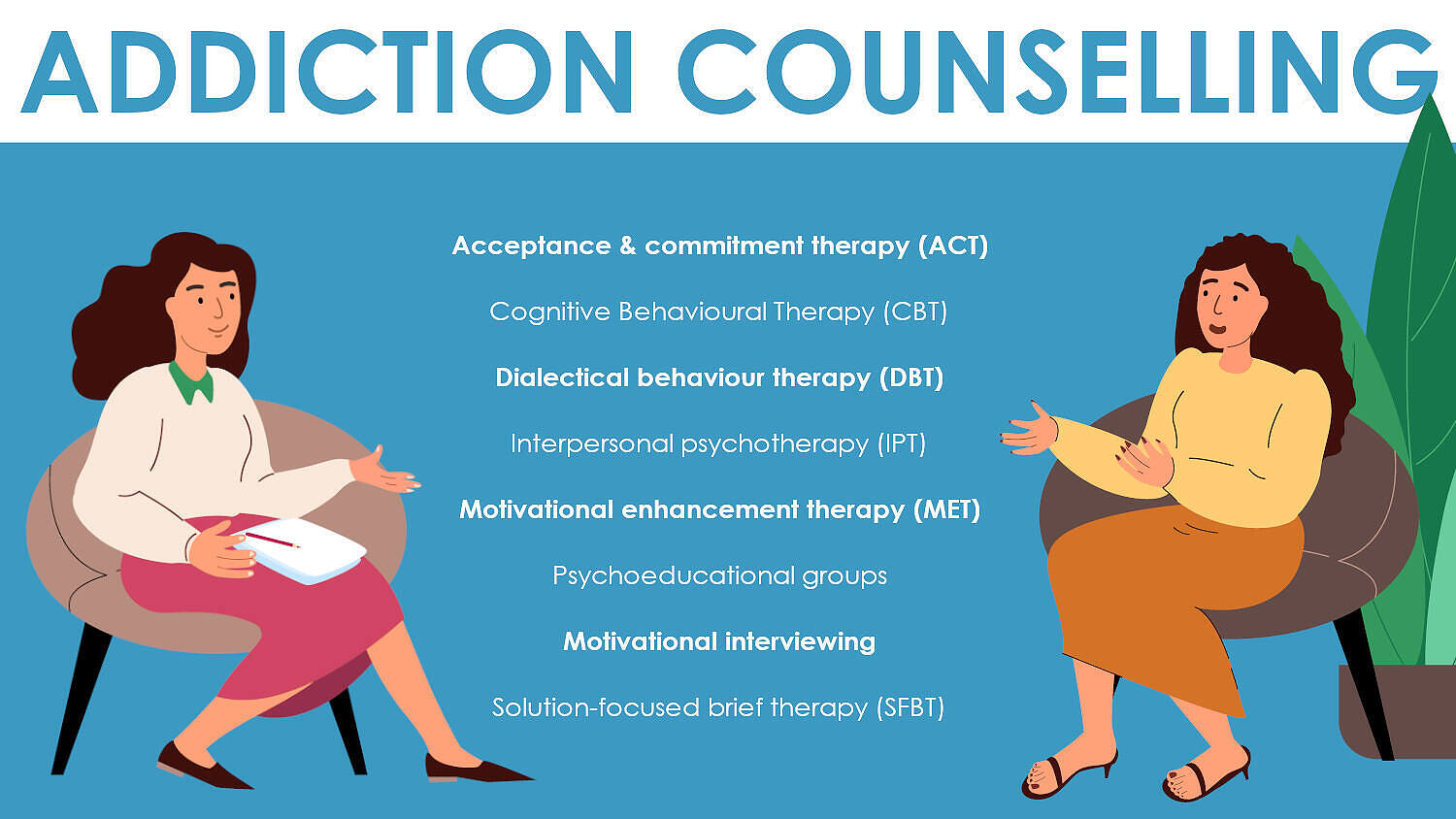The Role of Counselling in Addiction Treatment In 2025

Addiction is a growing concern in today’s society, affecting not just the individuals struggling with it, but also their families and communities. One of the most effective strategies for overcoming addiction is counselling in addiction treatment. Counselling provides emotional, psychological, and behavioural support that guides individuals towards long-lasting recovery.
In this article, we will explore the vital role of counselling in addiction treatment, its types, benefits, and its impact on individuals. We will also take a look at how Prayas Sewa Samiti, one of the best rehab centres in Dehradun, integrates counselling into its recovery programs.
What is Counselling in Addiction Treatment?
Counselling in addiction treatment refers to the process in which trained professionals help individuals understand their addiction, identify triggers, and build coping mechanisms to live a drug-free life. It is a core component of rehabilitation programs and plays a crucial role in helping individuals maintain sobriety.
This approach involves both one-on-one and group therapy sessions, and it is designed to address the emotional and psychological aspects of addiction, which are often overlooked by medical treatments alone.
Why is Counselling Important in Addiction Recovery?
The significance of counselling in addiction treatment lies in its ability to target the root causes of substance abuse. Many individuals turn to drugs or alcohol due to unresolved trauma, stress, mental health disorders, or peer pressure. Counselling offers a safe space to discuss these issues without judgment.
By participating in counselling, individuals can:
- Identify and manage triggers
- Develop healthy coping strategies
- Strengthen relationships with family and friends
- Build a strong support system
- Prevent relapse through continued therapy and support
Types of Counselling in Addiction Treatment
There are various forms of counselling in addiction treatment, each tailored to the unique needs of the individual. Some common types include:
1. Individual Counselling
This involves one-on-one sessions between a counsellor and the patient. It allows for personalised attention, where the individual can discuss their thoughts, fears, and goals in a confidential setting.
2. Group Counselling
Group sessions offer the benefit of shared experiences. Patients connect with others who are facing similar challenges, which helps in building empathy and a sense of community.
3. Family Counselling
Addiction affects families deeply. Involving family members in the treatment process helps to rebuild trust and improve communication.
4. Cognitive Behavioural Therapy (CBT)
CBT is a structured form of therapy that helps individuals recognise and change negative thought patterns that lead to substance use.
5. Motivational Interviewing
This technique helps individuals find the motivation to make positive changes in their behaviour.
Each of these types plays an essential role in counselling in addiction treatment, depending on the needs and progress of the patient.

The Process of Counselling in Addiction Treatment
The process of counselling in addiction treatment typically begins with an initial assessment where the counsellor understands the individual’s history, level of addiction, and specific needs. Based on this, a personalised treatment plan is developed.
The counselling sessions are structured yet flexible. Patients undergo regular evaluations to ensure that the therapy is effective and to make adjustments as necessary. Throughout the journey, the goal remains the same: to support the patient in overcoming addiction and rejoining society as a healthy, responsible individual.
How Counselling Helps Prevent Relapse
One of the biggest fears for recovering addicts is relapse. Counselling in addiction treatment equips individuals with tools and strategies to deal with cravings and high-risk situations.
Counsellors help patients:
-
Recognise early warning signs of relapse
-
Develop action plans to avoid triggers
-
Build resilience and stress-management techniques
Regular counselling sessions, even after initial recovery, ensure that individuals stay focused and committed to their sobriety goals.
Role of Counselling at Prayas Sewa Samiti
Prayas Sewa Samiti, recognised as one of the best rehab centres in Dehradun, places a strong emphasis on counselling in addiction treatment. Established in 2017, Prayas has helped over 5000 individuals break free from the cycle of addiction through a holistic approach combining spiritual, psychological, and medical care.
At Prayas, trained counsellors use various therapy techniques, including individual and group sessions, to guide patients through recovery. The centre believes that counselling is not just about quitting drugs but about rebuilding lives, restoring relationships, and creating a sense of purpose.
Benefits of Counselling in Addiction Treatment
There are numerous benefits to incorporating counselling in addiction treatment, such as:
-
Improved self-awareness: Patients understand their emotions and triggers better.
-
Enhanced decision-making: Therapy helps in making positive life choices.
-
Emotional support: Counselling provides a space where individuals feel heard and understood.
-
Better interpersonal skills: Therapy improves communication and relationships.
-
Higher chances of recovery: Those who undergo regular counselling are more likely to achieve and maintain sobriety.
Counselling as a Long-Term Solution
Addiction is a chronic condition that requires long-term care. Counselling in addiction treatment is not a one-time solution but a continuous journey. Even after the initial treatment, ongoing therapy helps individuals deal with life challenges without resorting to substance use.
This long-term support is crucial in ensuring that individuals do not feel isolated and continue to thrive in their personal and professional lives.
Integrating Counselling with Other Therapies
At many centres, including the best rehab centre in Dehradun, counselling in addiction treatment is often integrated with other methods such as medication-assisted treatment, yoga, meditation, and vocational training. This integrated approach ensures that all aspects of a person’s well-being are addressed.
Choosing the Right Counselling Approach
Not all individuals respond the same way to counselling. The key is to find the right type of counselling in addiction treatment that fits the person’s needs and personality. A qualified counsellor will help determine this through ongoing evaluation and feedback.
Some may benefit more from individual sessions, while others thrive in group settings. The flexibility and customisation of therapy make it highly effective.
Final Thoughts
In conclusion, counselling in addiction treatment is a cornerstone of successful recovery. It addresses the psychological roots of addiction, equips individuals with coping mechanisms, and helps prevent relapse. With centres like Prayas Sewa Samiti leading the way in providing compassionate and effective therapy, individuals have a fighting chance to reclaim their lives.
If you or a loved one is struggling with addiction, consider seeking help at a reputable facility that emphasises counselling in addiction treatment. The journey may be challenging, but with the right support, recovery is not just possible — it is achievable.